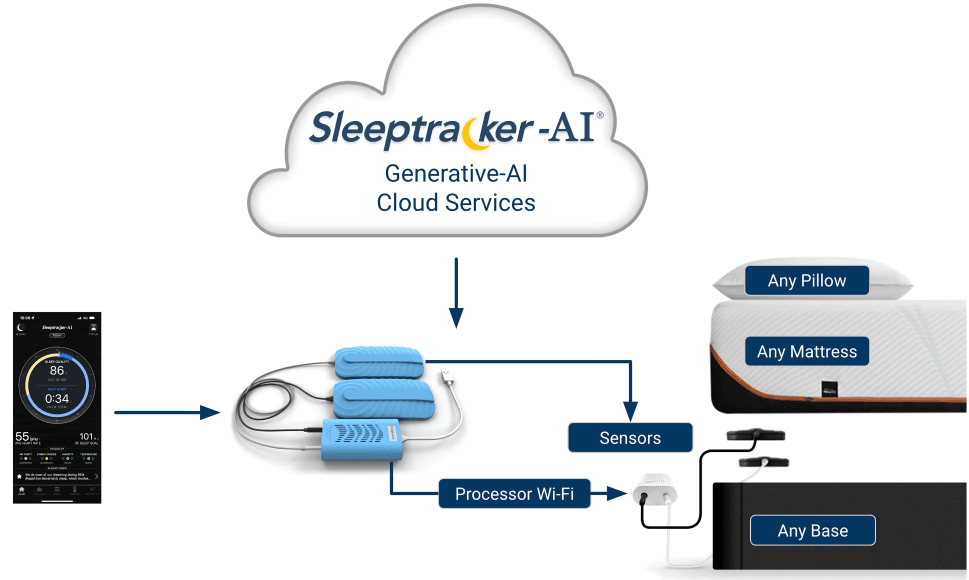
“
The role of AI & apps in mental health support is becoming increasingly pivotal in the modern world. With technology advancing rapidly, mental health care is benefiting from the support AI and apps offer in providing accessible, personalized care and assistance to individuals in need.1
1
”
AI-powered apps provide personalized coping strategies, offering tailored exercises to help users regulate emotions and improve resilience. These tools adapt to individual needs, enhancing mental health over time. 1
AI platforms can detect early signs of mental health conditions like anxiety or depression through real-time monitoring, allowing for timely intervention before issues escalate into more severe disorders. 2
Machine learning models predict mental health crises by analyzing speech or text patterns, enabling early intervention and alerting health professionals when urgent care is needed. 3

Virtual therapy assistants offer 24/7 support, helping users engage with mental health tools outside office hours, ensuring constant access to care without waiting for in-person appointments.
Mindfulness apps use AI to monitor progress in managing stress and anxiety, recommending personalized practices aimed at reducing symptoms of conditions like PTSD through daily exercises. 4
AI-based cognitive behavioral therapy (CBT) apps guide users through cognitive restructuring, helping shift negative thought patterns and offering support for conditions like anxiety or depression. 5
AI technology in apps adapts to users' responses, updating mental health strategies to maximize the effectiveness of treatment and offer the best support for individual needs. 6
AI-powered chatbots engage in real-time conversations, offering therapeutic support and alleviating distress through natural language processing, simulating human-like conversations for emotional relief. 7
AI analyzes psychological data to provide valuable insights to clinicians on optimal treatments, medication adjustments, and personalized therapy for mental health patients. 8

AI monitors physical activity, sleep, and behavioral inputs, correlating these with mental health scores and offering advice on how adjusting lifestyle factors can improve mental wellness.
Digital mental health apps provide accessible, cost-effective support, offering scalable interventions that allow users to access therapy without the need for traditional in-person appointments. 9
Apps tracking sleep patterns and mood changes help diagnose conditions like bipolar disorder, where shifts in mood and sleep disruption are key indicators of the illness. 10
AI apps that track journaling patterns help users identify and reflect on recurring negative thoughts, aiding in the management of anxiety, depression, and other mental health challenges. 11
Anonymity in mental health apps allows users to explore sensitive issues without fear of stigma, breaking down barriers to seeking help for anxiety, depression, and other mental conditions. 12
AI apps offer reminders and motivational feedback to encourage consistency in self-care routines, helping users maintain long-term mental health improvements and positive habits. 13

AI-powered virtual reality (VR) apps provide immersive experiences for therapeutic settings, helping users confront and overcome phobias, PTSD, and anxiety through controlled exposure.
AI programs enable real-time language translation in mental health apps, breaking down language barriers to make mental health support accessible to non-English speakers and underserved regions. 14
AI apps track emotional well-being through voice, speech, and facial expression analysis, offering real-time feedback and suggesting interventions like deep breathing exercises or mindfulness. 15
AI technology in mental health apps personalizes the user experience, adapting treatment plans based on symptoms, lifestyle, and progress, enhancing overall effectiveness. 16
Philosophers and doctors recognize the potential of AI and apps in transforming mental health care, reshaping how society engages with mental well-being, and supporting a more inclusive, accessible approach to mental health. 17


